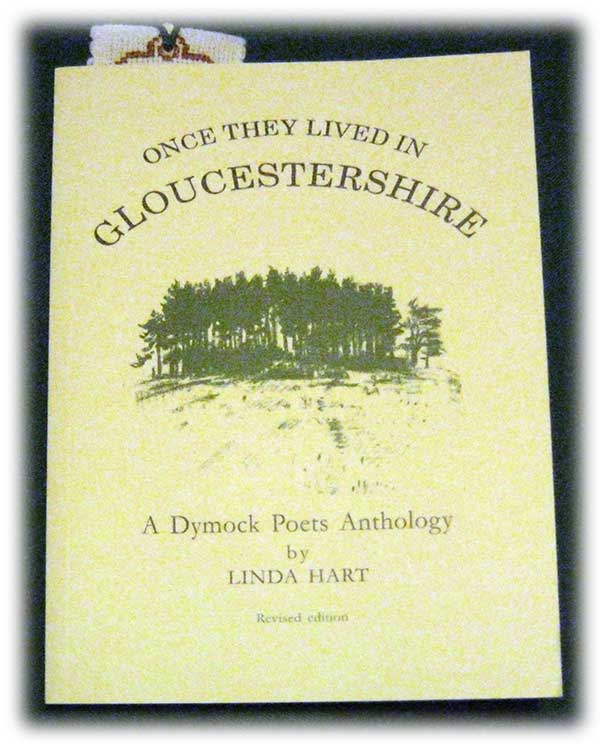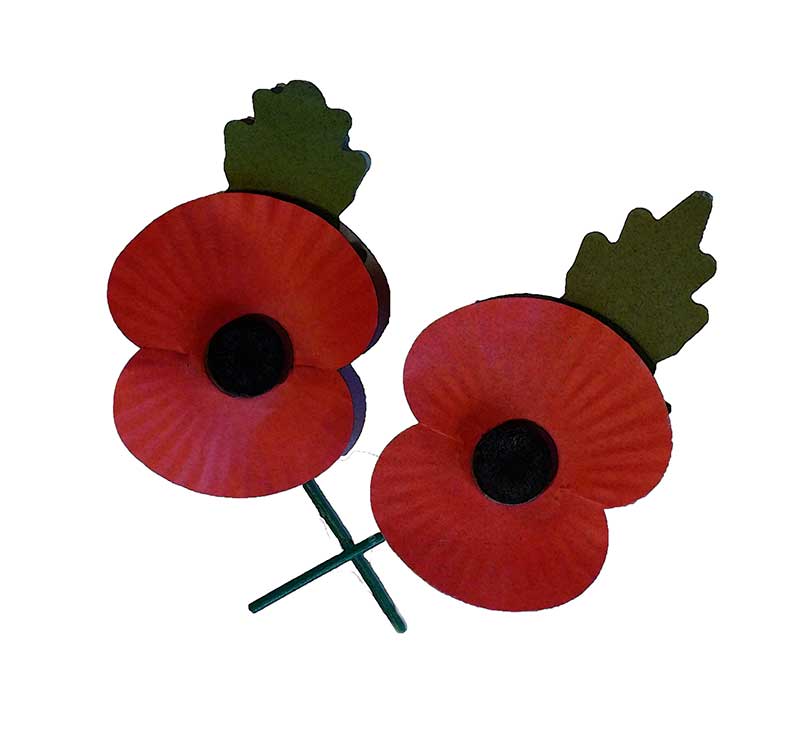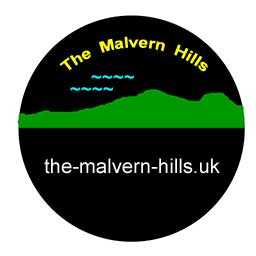
Angus and Rosemary's Miscellany
of Malvern - Local History
|
History menu > The Dymock PoetsOnce they lived in Gloucestershire (a book review)A Dymock Poets Anthology by Linda HartOverview
'Once they lived in Gloucestershire'. Dymock is a small village lying to the southwest of the Malvern Hills not far from the market town of Ledbury. More recently the tale of the Dymock Poets has been told by Paul Martin on the BBC TV antiques programme Flog It. The question 'who were the Dymock Poets' is answered in the first paragraph of Linda Hart's book: In the years before and during the First World War, three poets lived near the village of Dymock, in the north-west corner of Gloucestershire, and three other poets visited them for various lengths of time. These six poets, The Dymock Poets, were: Lascelles Abercrombie (1881 - 1938) Wilfrid Wilson Gibson (1878 - 1962) John Drinkwater (1882 - 1937) Rupert Brooke (1887 - 1915) Robert Frost (1874 - 1963) Edward Thomas (1878 - 1917) In her talk, Linda spoke about these poets, their life and times, how they met and showed us photographs of the beautiful area where they lived. Many people now visit St Mary's church Dymock in the summer and retrace the steps of these poets. Linda Hart's book is an excellent introduction to The Dymock Poets containing the story of each man and some sixty of their poems. Our only criticism is that some of the print is possibly a tad small for older readers whose eyesight is not as sharp as it once was. You can find out more on the The Friends of the Dymock Poets website War serviceSadly two of the 'Dymock Poets' did not survive the Great War. Rupert Brooke was commisioned into the Royal Naval Volunteer Reserve as a temporary Sub-Lieutenant; he died on a French hospital ship from an infection on 23rd April 1915 on his way to the landing at Gallipoli and is buried on the Greek island of Skyros.
Sadly, many are the fallen who lie in a foreign field. Edward Thomas enlisted in the Artists Rifles in 1915 and was commissioned into the Royal Garrison Artillery as a 2nd Lt; he was killed at Arras on Easter Monday 1917, and was survived by his wife Helen, a son and two daughters. His close friend, the American poet, Robert Frost had earlier suggested both familes might settle in the USA. His poem 'Two Roads' otherwise 'The Road not Taken' relates to Edward Thomas's decision to enlist.
Please email suggestions for corrections or additions to this page to the webmaster 
|
|
Last updated 25th October 2018 |
 Author Linda
Hart gave an interesting talk to the U3A Discussion Group about
Author Linda
Hart gave an interesting talk to the U3A Discussion Group about
 Perhaps
his most famous words come from his poem
The Soldier which begins:
Perhaps
his most famous words come from his poem
The Soldier which begins: